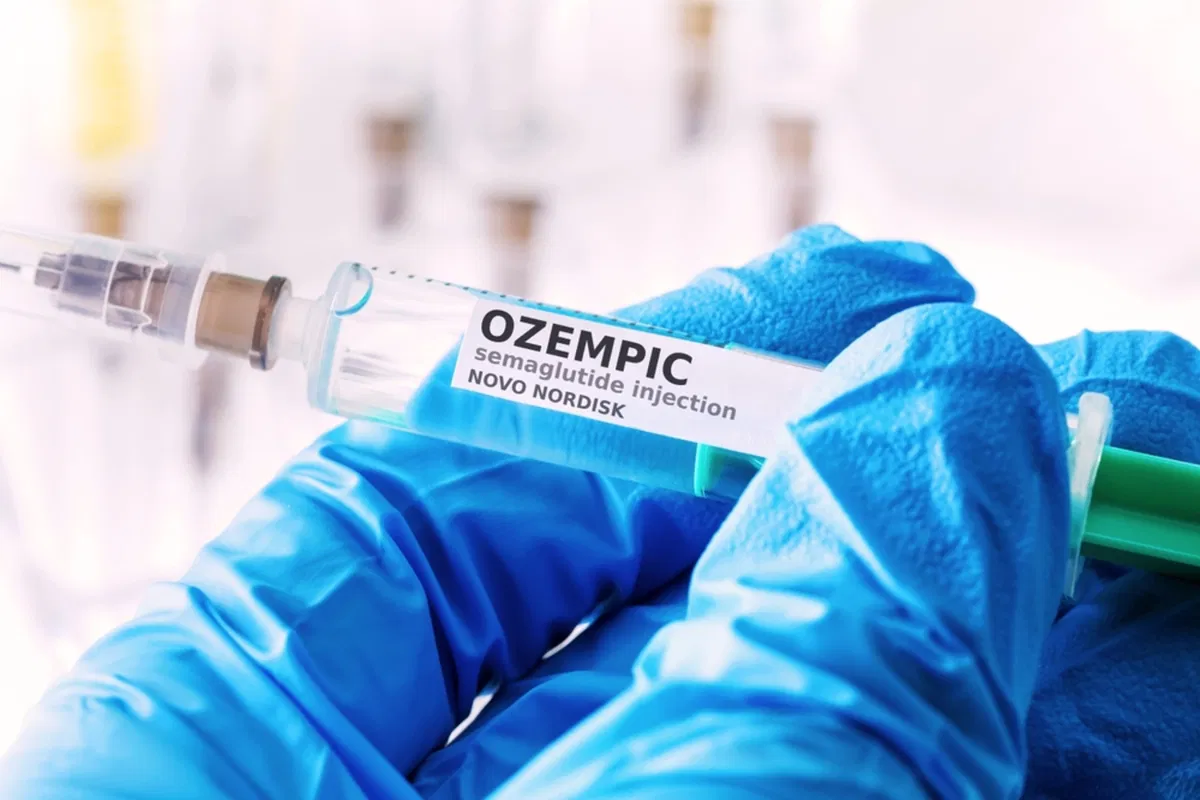Copyright euroweeklynews

Novo Nordisk’s newly appointed chief executive Mike Doustdar has described the fight for dominance in the global obesity-drug market as “a marathon, not a sprint,” as the maker of Ozempic guided investors to the lower end of its 2025 sales and profit forecasts and highlighted the cost of a major restructuring. In results published on November 5, the Danish pharmaceutical group said it now expects sales growth of 8–11 per cent at constant exchange rates, compared with a previous range of 8–14 per cent. Operating-profit growth is forecast at 4–7 per cent, down from 4–10 per cent. The latest outlook includes a DKr 8 billion (€1.07 billion) charge linked to a restructuring programme that will see 9,000 job cuts, according to the Financial Times. Novo Nordisk also missed analyst expectations on diluted earnings per share in the third quarter. Sales rose 15 per cent at constant exchange rates to DKr 75 billion (€10.05 billion), below the DKr 77 billion (€10.32 billion) consensus. Sales of diabetes treatments, including Ozempic and Rybelsus, were up 7 per cent. Doustdar, who took over in August 2025 after the previous chief executive’s departure, said he was “incredibly comfortable” about expanding access to weight-loss medicines. He emphasised that the challenge is less about defending share and more about “market access and expanding the market”, noting that only 1–2 million people are currently receiving treatment out of the one billion living with obesity worldwide. Novo has lost ground in the United States to Eli Lilly, whose Mounjaro and Zepbound drugs have rapidly gained traction. The group also faces competition from replica (compounded) versions of GLP-1 medicines, with slower-than-expected sales of Wegovy and Ozempic contributing to the revised outlook. According to Business Insider, Novo’s shares have fallen around 50 per cent this year amid rising competition and US pharmaceutical tariffs, even as nine-month sales rose 12 per cent in kroner (15 per cent CER) and net profit increased 4 per cent. The publication also cited an estimated €1 billion restructuring impact. Metsera bid and growth strategy Doustdar said Novo’s bid for US biotech Metsera was not a sign of weakness in its own pipeline but an effort to acquire “highly competitive and complementary products.” The company is also developing direct-to-consumer partnerships with Walmart and Costco in the US, expanding telehealth services to new markets, and engaging specialist doctors to promote the wider benefits of Wegovy, including its recently approved indication for MASH (metabolic-associated steatohepatitis). GLP-1 medicines such as Wegovy are transforming obesity care across Europe. For residents in Spain and other EU countries, Novo’s focus on access partnerships and specialist outreach – combined with intensifying competition – could affect availability, waiting times, and out-of-pocket costs for treatment throughout 2026.



